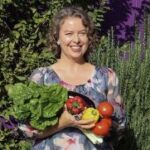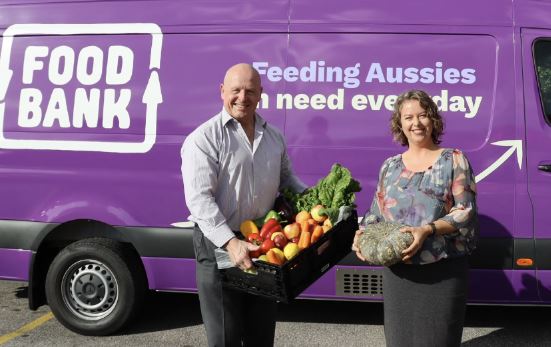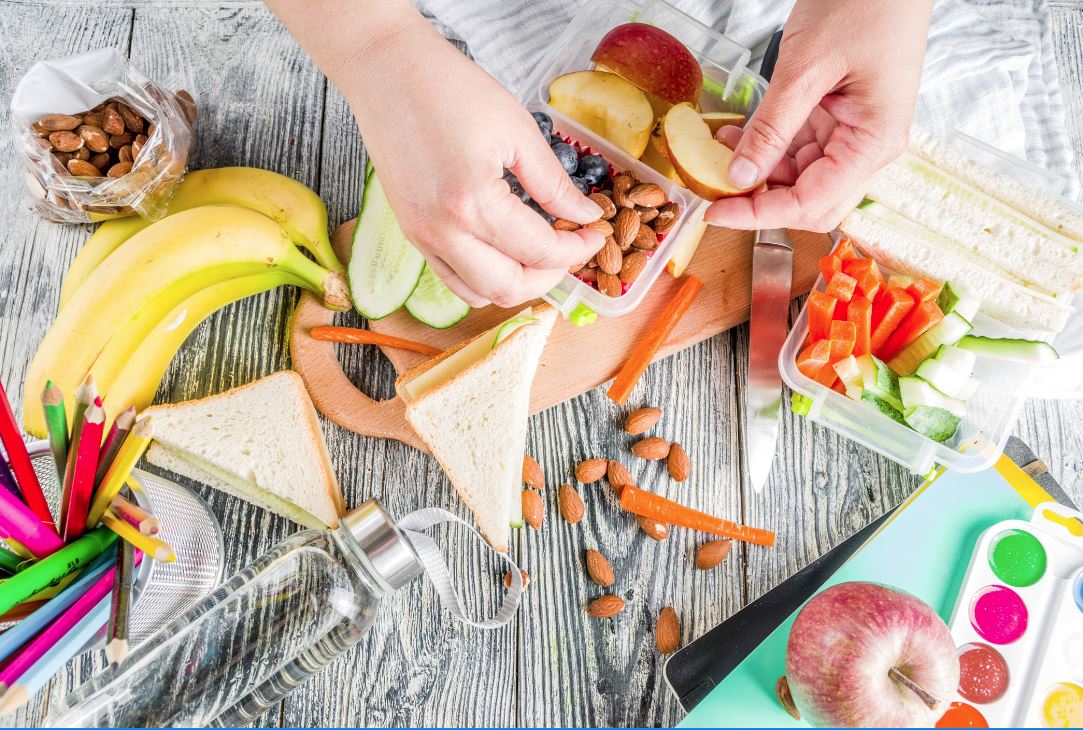
The Centre for Social Impact at Flinders University will lead a new project to help make surplus fresh food into nutritional meals for people most in need.
The research with industry partners Foodbank SA and state government agency Green Industries SA will be led by Professor Svetlana Bogomolova, the recipient of a new ARC Industry Mid Career Fellowship.
The Australian Research Council research project aims to create an innovative social enterprise model to help tackle food insecurity in South Australia.

Professor Bogomolova, the Deputy Director at the Centre for Social Impact at Flinders University, says the project will develop and trial a social enterprise model to meet the soaring demand for nutritious fruit and vegetable shelf-stable foods among people who are struggling to buy quality food in mainstream supermarkets.
Importantly, it will use harvest surplus from the farm gate and food supply chain while also creating volunteering and skill building opportunities for food relief recipients.
Food waste costs the Australian economy $36.6 billion a year. One-third of two-parent families and 37% of single-parent families have experienced severe food insecurity in the last year, skipping meals or going whole days without eating.

Foodbank SA, the key industry partner on this project, is the largest food relief distributor in South Australia, supplying more than 600 charities. It is often challenged by the unpredictable amounts of fresh fruit and vegetable donations, which causes distribution challenges of this highly perishable produce, often resulting in food waste.
Foodbank SA and Central Australia CEO Greg Pattinson says the organisation is excited to explore ways to transform donated fruit and vegetable harvest surplus into shelf-stable nutritious products, using manufacturing methods (e.g. canning, freezing, pureeing and juicing) to meet the demand for healthy food year-round.
“Demand for food relief is at record levels. Currently around 40% of the food distributed by Foodbank in South Australia is fresh fruit and vegetables but we want to do more,” Mr Pattinson says.
“This funding for research will help get this innovative project off the ground, but it’s important to note that Foodbank still needs the generous support of South Australians to meet the surging demand for food relief. These are extraordinarily tough times, and as we come into winter, more people are going to need our help.”
Professor Bogomolova says the Centre for Social Impact proposal addressed two major problems for Australia: food insecurity, which is on the rise, spurred by rising cost of living; and food waste, both at the farm gate and in supply chains.
“With more than 5 million Australians struggling to afford food, this new model will offer timely solutions for a growing number of people while also tackling waste in the food industry,” she says.

“Fruit and vegetables are currently in short supply for food relief, with the bulk of donated foods coming from supermarkets and tending to be unhealthy packaged foods.
“By working directly with growers and suppliers, we can improve the nutritional quality of food relief and provide a strong ongoing supply of plant-based shelf stable foods like soups, sauces, juices, pre-made meals and meal ingredients.
“A critical part of the project is to move beyond short-term food relief, by empowering people who rely on food relief on a pathway out of poverty and food insecurity, by supporting them with training and tools to open up job possibilities and improve their social connectedness.”
Green Industries SA developed, and is responsible for actioning, the ‘Valuing our Food Waste’ strategy, which outlines an approach to reduce and divert household and business food waste in South Australia and includes actions to increase food waste prevention.
The collaboration will see the new model shared with Foodbank and Green Industries SA’s networks, improving practice in Australia and beyond to improve nutrition for food-relief recipients, reduce harvest waste and increase opportunities for people in vulnerable situations, bringing longer-term social benefits.
Established in 2008, the Centre for Social Impact (CSI) is a national research and education collaboration working on making positive social change, to help enable others to achieve social impact. CSI is the largest provider of social impact education in Australia, with more than 1,500 students enrolled in courses annually.

